In recent years, the avocado has taken the culinary world by storm. No longer just a staple in Latin American kitchens, this creamy, nutrient-dense fruit has become a global phenomenon. From avocado toast in trendy cafés to guacamole at game-day parties, its versatility and health benefits have won over consumers worldwide.
But behind every perfectly ripe avocado lies a complex global trade network. The demand for this “green gold” has surged so dramatically that nations are racing to supply avocados to hungry international markets. So, which country dominates this booming trade? Let’s delve into the world of avocado exports and discover which country is the largest avocado exporter in the world.
The Global Avocado Market at a Glance
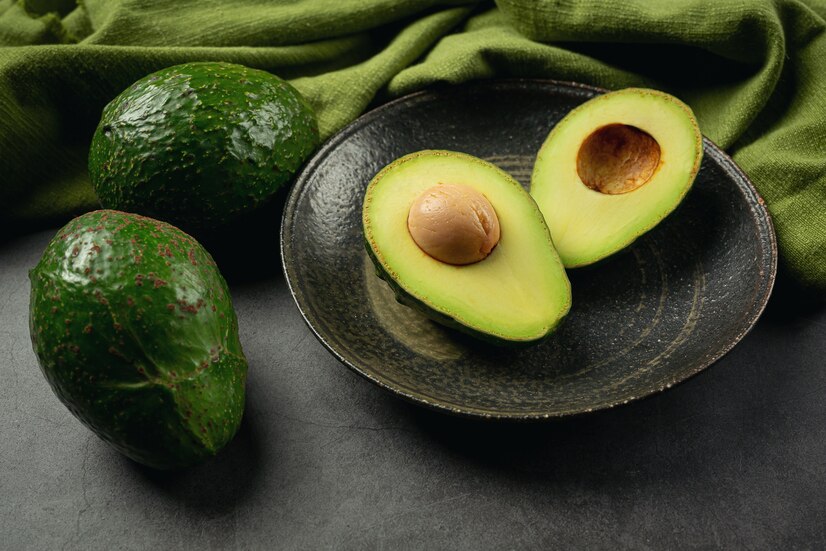
The global avocado market has experienced unprecedented growth over the past decade. Driven by rising health consciousness, culinary trends, and social media popularity, the global demand for avocados continues to soar. According to market research, global avocado production surpassed 8 million metric tons in 2023, with exports valued at over USD 9.5 billion.
Key importers of avocados include:
- United States
- European Union (notably the Netherlands, Spain, and France)
- Japan
- Canada
- China
- South Korea
As the appetite for avocados increases, exporting countries have ramped up production and logistics to meet year-round demand in these markets.
Mexico: The Undisputed Avocado Export King
Without question, Mexico holds the title of the world’s largest avocado exporter — and by a substantial margin.
Key Statistics:
- 2023 avocado exports: Over 1.22 million metric tons
- Export value: Approximately USD 2.84 billion
- Share of global avocado export value: About 41%–46%
For years, Mexico has been synonymous with avocados. The country produces avocados year-round, primarily in the state of Michoacán, which alone accounts for more than 90% of the nation’s total avocado output.
Why Is Mexico the Leading Exporter?
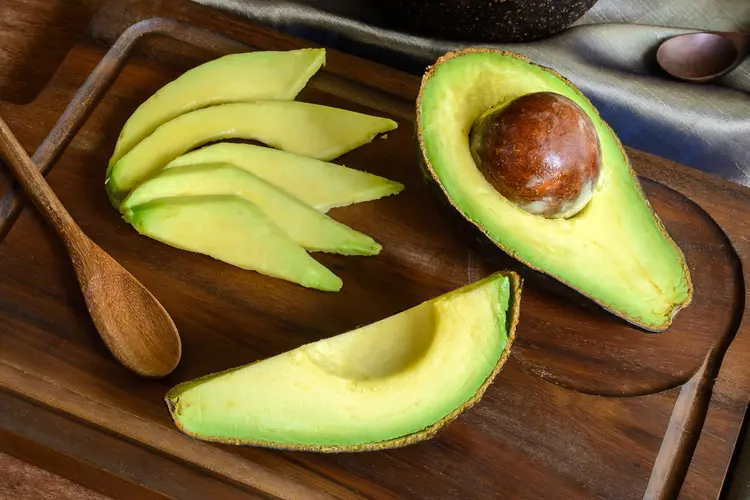
Mexico’s dominance in the global avocado market is no accident. Several factors contribute to its top-ranking position:
Perfect Growing Conditions
Mexico’s subtropical climate, volcanic soil, and reliable rainfall create ideal conditions for avocado cultivation, particularly for the popular Hass variety, known for its creamy texture and long shelf life.
Year-Round Harvest
Unlike many other producers restricted to seasonal harvests, Mexico benefits from multiple harvest cycles throughout the year, ensuring a steady supply to global markets, especially during high-demand periods like the Super Bowl and Cinco de Mayo.
Proximity to the United States
With the U.S. being the largest consumer of avocados globally, Mexico’s geographic proximity offers a strategic trade advantage. Over 80% of Mexico’s avocado exports go directly to the U.S., where demand continues to rise.
Trade Agreements
The United States-Mexico-Canada Agreement (USMCA), formerly NAFTA, has facilitated avocado trade by eliminating tariffs and streamlining regulations between the U.S., Canada, and Mexico.
Well-Developed Supply Chain
Mexico has a highly organized network of avocado farmers, packing houses, and exporters. Its efficient cold chain logistics ensures avocados remain fresh during transit to overseas markets.
Other Major Avocado Exporting Countries
While Mexico leads by a wide margin, several other countries have established themselves as significant avocado exporters:
Peru
- Second-largest exporter globally
- Exported over 598,000 metric tons in 2023
- Main markets: European Union, China, Chile, and the United States
- Advantage: Counter-seasonal production (May to September), supplying markets during Mexico’s off-season
Netherlands
- Technically not a major avocado producer, but a leading re-export hub within Europe
- Receives avocados from Peru, South Africa, Kenya, and Chile, and redistributes them across the continent
Chile
- Exports over 104,000 metric tons annually
- Main markets: Europe, China, and the United States
- Gaining recognition for organic avocado production
Israel
- Exports high-quality avocados primarily to Europe and Russia
- Competitive due to favorable Mediterranean climate and advanced farming techniques
Kenya
- Fastest-growing avocado exporter in Africa
- Exports increasing rapidly to Europe, Middle East, and Asia
- Focus on organic and fair-trade certifications
How Are Avocados Exported?
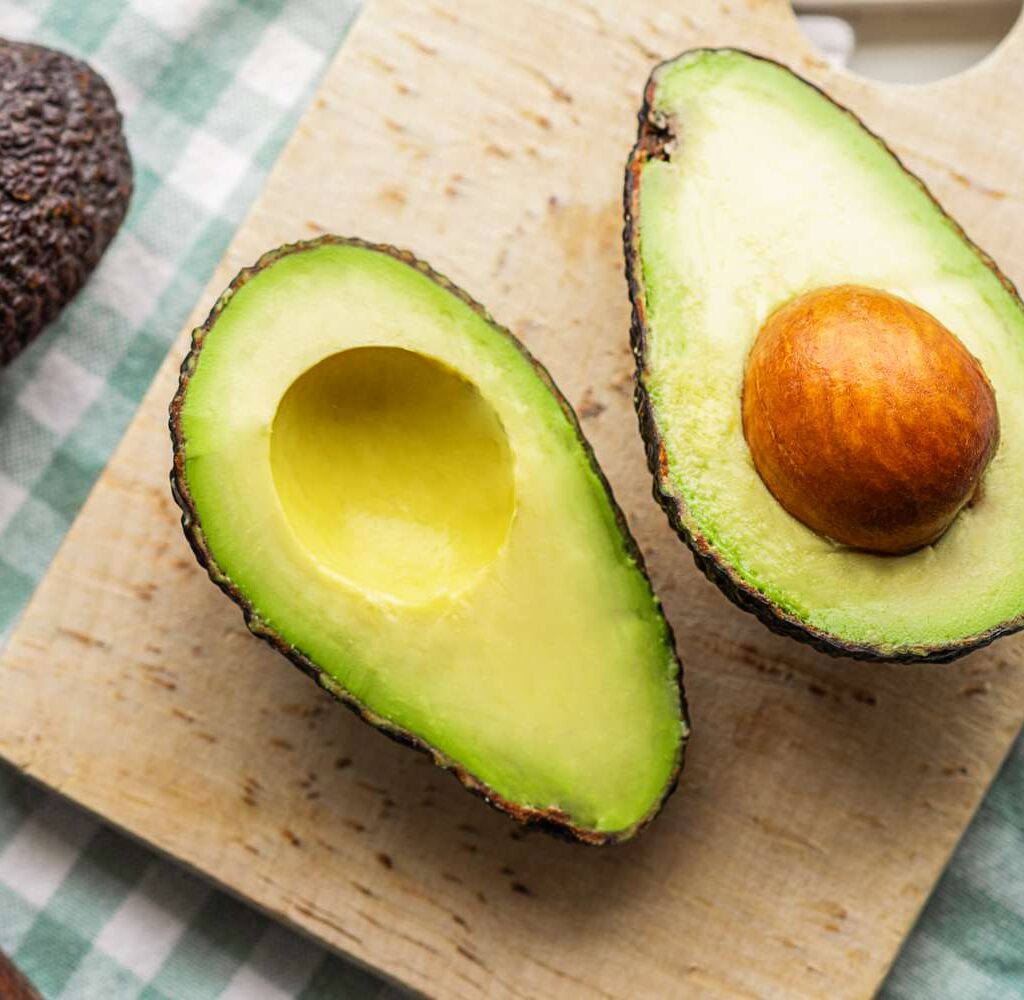
Due to their perishable nature, avocados require careful handling during export. Here’s how they’re shipped internationally:
- Harvested at specific maturity levels to ensure firmness for long-distance shipping
- Pre-cooled and stored in refrigerated containers (reefers) to maintain ideal temperatures (around 5°C)
- Graded and packed in ventilated cartons or crates
- Shipped via air freight for premium markets or sea freight for larger, slower-moving consignments
Market Trends Fueling Avocado Exports
Several key trends continue to drive the growth of the global avocado trade:
Health and Wellness Boom
Consumers worldwide are embracing avocados for their heart-healthy fats, fiber, potassium, and antioxidants. Their association with wellness diets like keto, paleo, and vegan lifestyles boosts demand.
Social Media and Culinary Trends
Avocados’ popularity on platforms like Instagram and TikTok, particularly in recipes like avocado toast, smoothies, and sushi rolls, has cemented their status as a global food trend.
Expanding Markets in Asia
As awareness of avocado’s nutritional benefits grows, markets like China, Japan, and South Korea are becoming significant importers. China’s avocado imports have risen over 500% in the past decade.
Improved Cold Chain Logistics
Advancements in refrigerated transport and storage technology have extended the fruit’s shelf life, enabling exports to distant markets while maintaining quality.
Challenges Facing the Avocado Export Industry
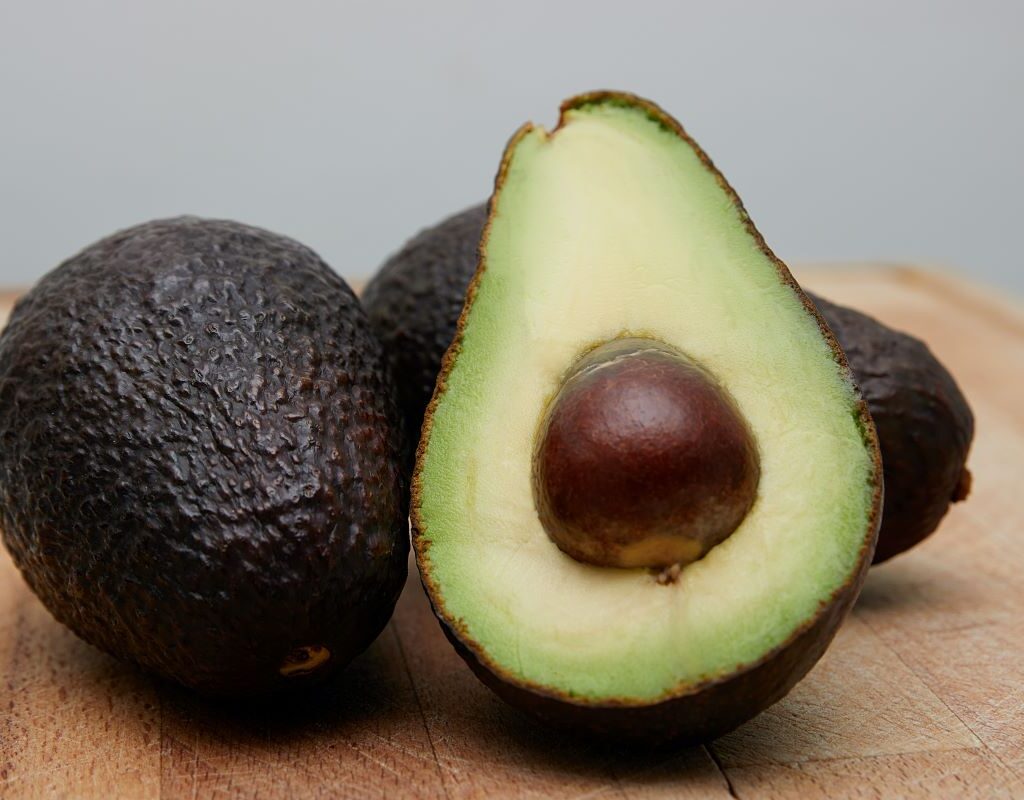
Despite its success, the avocado export business faces several challenges:
- Climate Change: Extreme weather events like droughts and storms can disrupt production.
- Environmental Concerns: Large-scale avocado farming, particularly in Mexico, has been linked to deforestation and water shortages.
- Price Volatility: Supply-demand imbalances can lead to significant price fluctuations.
- Logistical Constraints: Limited port capacities and rising shipping costs affect profitability.
- Geopolitical Risks: Trade tensions and border security issues (notably in Mexico) occasionally disrupt supply chains.
The Future of Avocado Exports
The future of the avocado export industry looks promising, with expectations of continued growth:
- Global avocado demand is projected to increase by 5–7% annually over the next decade.
- Mexico is expected to retain its leading position, though countries like Peru, Kenya, and Colombia are expanding their production and export capacity.
- Sustainability initiatives and organic certification programs are becoming increasingly important in meeting market preferences and regulatory standards.
- Emerging markets in Asia, the Middle East, and Eastern Europe offer new growth opportunities for exporters.
Conclusion
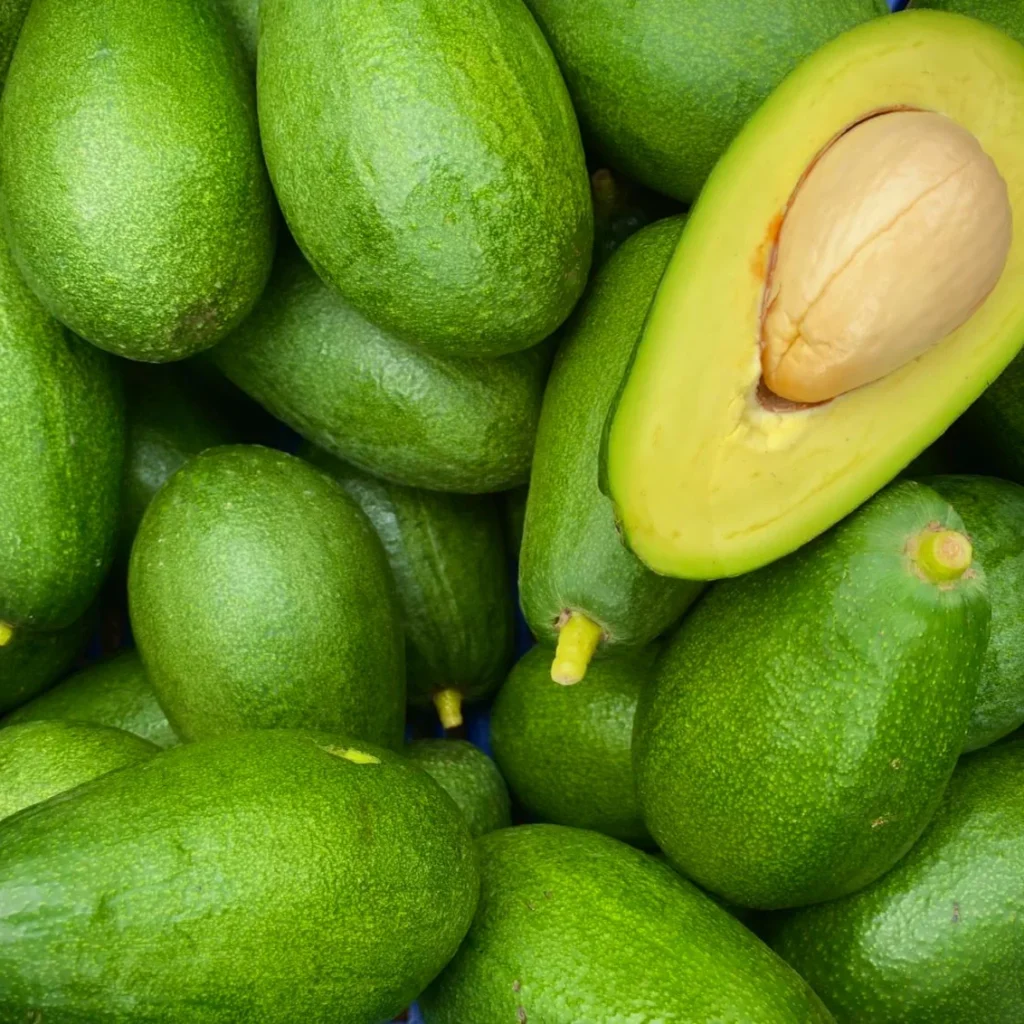
To summarize:
- Mexico is the world’s largest avocado exporter, shipping over 1.22 million metric tons annually, valued at around USD 2.84 billion.
- Its success is driven by ideal growing conditions, year-round harvests, proximity to the U.S., trade agreements, and advanced logistics.
- While Peru, the Netherlands, Chile, Israel, and Kenya also play significant roles in global avocado trade, none come close to Mexico’s export volume.
- Growing global demand, rising health trends, and expanding Asian markets promise a bright future for the avocado industry, though challenges related to climate, sustainability, and logistics persist.

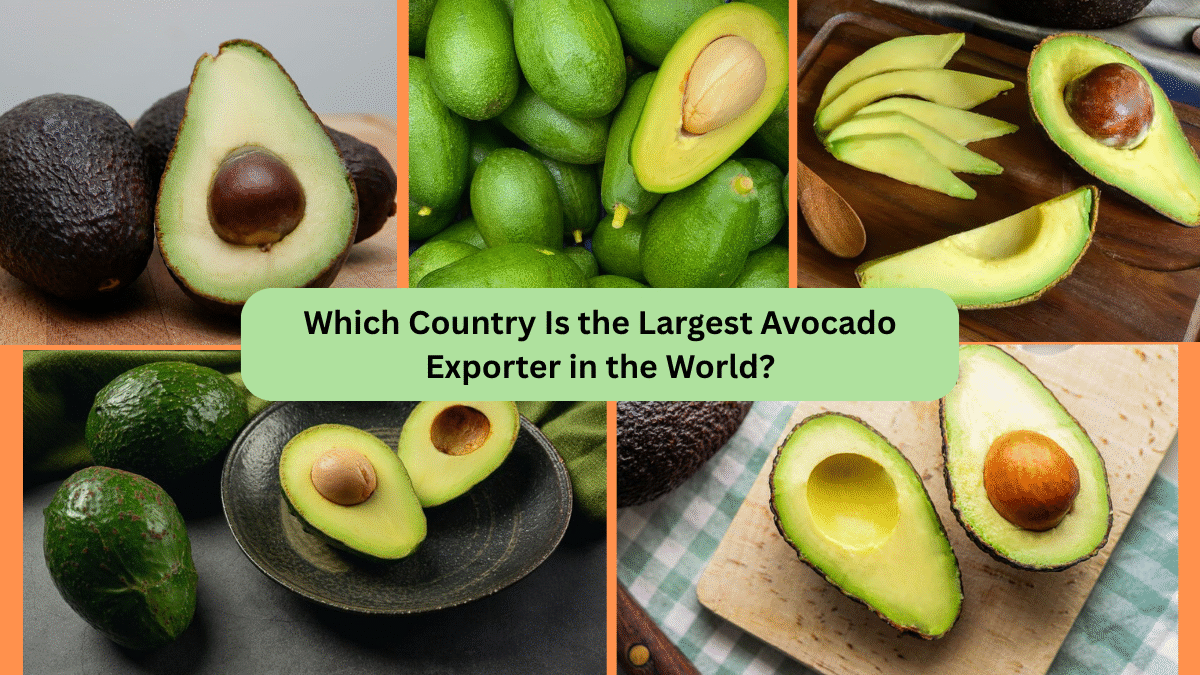


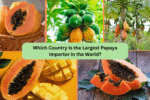
Leave A Comment